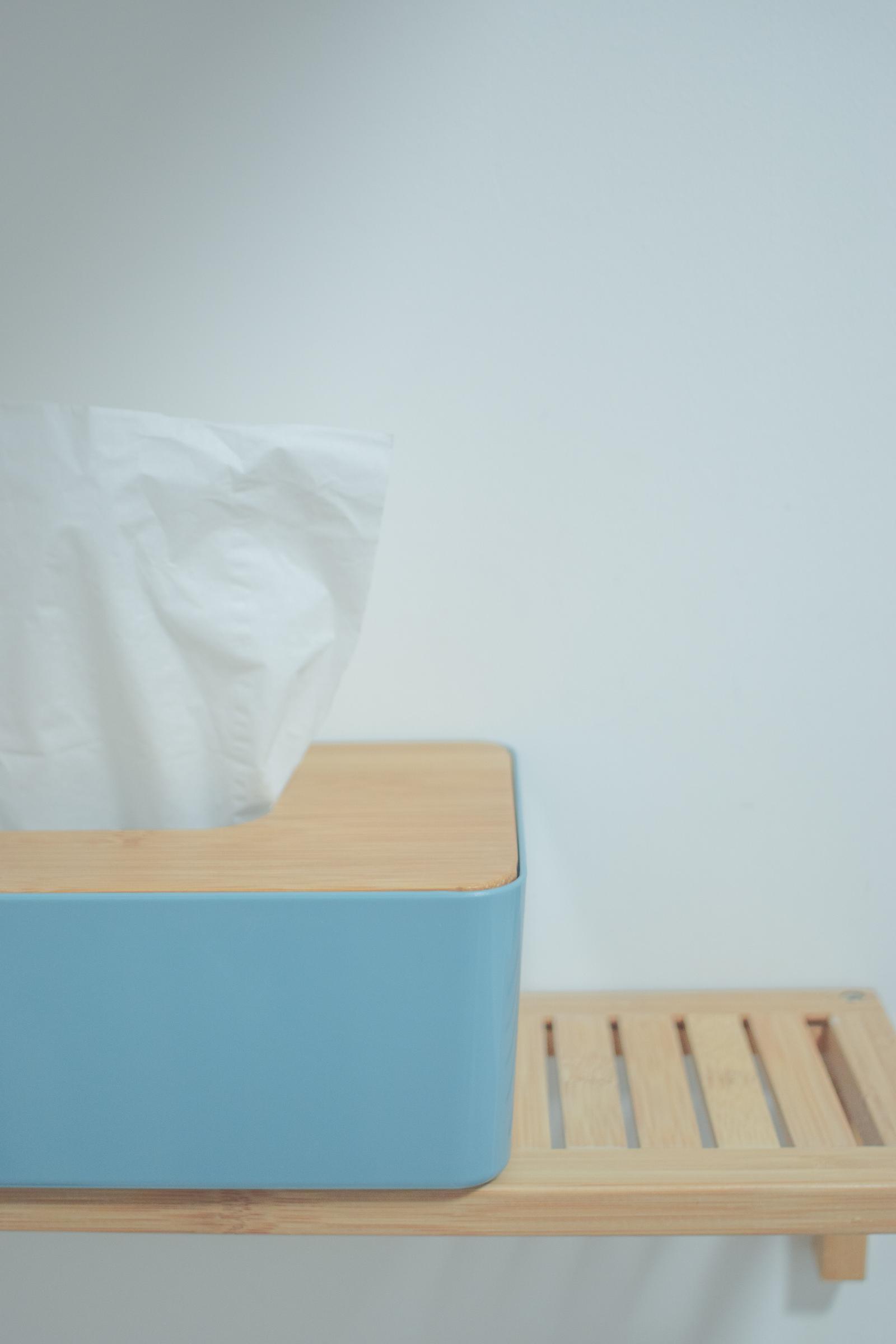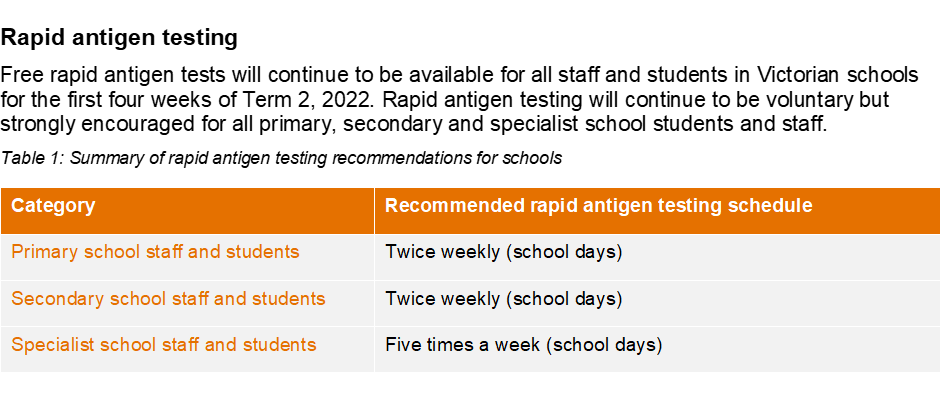Covid-19 and Flu season
New information included.

Covid-19 and Flu season
New information included.
Dear parents and carers ,
With borders opening and the arrival of colder weather, cases of influenza (the flu) are increasing throughout Victoria. Our community is at risk of higher rates of students and staff affected by the flu or COVID-19 this season.
What to do if your child gets sick
To help keep your child and our school community safe, please take the following steps if your child has any cold or flu-like symptoms:
COVID-19 vaccination
COVID-19 vaccines are available free of charge to everyone aged 5 years and over in Australia.
It is important that children and young people have the best possible protection against the flu and COVID-19 by getting vaccinated.
Ensuring your children are protected against serious illness helps to protect everyone in our community, including older family members who may be at higher risk, along with younger children who can’t receive vaccinations yet.
You can book COVID-19 vaccinations through the COVID-19 hotline on 1800 675 398 or at a participating GP, pharmacy, or community health service.
Some local schools are also holding walk-in COVID-19 vaccination clinics on school grounds. Vaccination settings can be found at the Vaccine Clinic Finder.
Flu vaccination
Flu vaccination is recommended for everyone aged 6 months and over.
Some people are more at risk of complications from the flu and are eligible for free vaccination under the National Immunisation Program including:
Flu vaccinations can be booked through GPs and pharmacies, many of which can also provide COVID-19 vaccinations. If you would like more information about the flu vaccination, visit the Better Health Channel.
Kind regards,
Chris Chant
Principal
Latest communication from the Department of Education to the community
Important COVID information
Please find a summary of the new COVID arrangements
Face masks
From Friday 22 April, face masks, while recommended, are not required in any school setting. This means students in grades 3 to 6, staff and visitors in primary schools are no longer required to wear face masks. Any student or staff member who wishes to wear a mask may do so, including those who are medically at-risk.
Screening requirements
Students and staff who have tested positive for COVID-19, and have completed their 7-day isolation period, now do not need to undertake rapid antigen test (RAT) screening for 12 weeks after their release from isolation. This was previously 8 weeks.
Household contacts
Students and staff who are household contacts of a COVID-19 case are no longer required to quarantine. They can return to school as long as they undertake rapid antigen tests (RAT) 5 times within their 7-day period and wear face masks indoors if they are aged 8 and above unless they have a valid exemption.
If any household contact returns a positive RAT result during this period, they must isolate for 7 days and not attend school.
Vaccination requirements for visitors to schools
Parents, carers and other adult visitors (not performing work) are no longer required to show evidence of two doses of COVID-19 vaccine.
While recommended, face masks are not required in any school settings from 11.59pm 22 April 2022. Any students or staff members who wish to wear a mask may do so, including those who are medically at-risk. This means students in Grades 3 to 6 and staff and visitors to primary schools are no longer required to wear face masks.
Household contacts attending school who are over 8 years of age are required to wear face masks indoors unless they have a valid exemption. See updated close contact requirements below.
Everyone including students aged 8 years and above must wear a face mask when travelling on public transport, taxis or ride share vehicles.
Face masks may used as an additional temporary risk-mitigation measure in exceptional circumstances, for example if a school experiences high levels of or prolonged transmission.



